DIFFICULTIES OVER MOON EXPLORATION
입력 2019.09.11 (15:04)
수정 2019.09.11 (16:45)
읽어주기 기능은 크롬기반의
브라우저에서만 사용하실 수 있습니다.
[Anchor Lead]
The race for moon exploration, which slowed down since the U.S. astronauts stepped on the moon for the first time 50 years ago, is gaining pace again recently, as countries around the world are increasingly eyeing space exploration. Korea joined the race for moon exploration ten years ago, but it has been facing hurdles due to multiple changes in plans. The launch of a lunar probe that was scheduled for late 2020 has been pushed back by 19 months because of technological problems.
[Pkg]
The first Korean lunar orbiter was to be launched in December 2020 to orbit the moon while observing topography and verifying space Internet technologies. However, the date has been pushed back to July 2022. The change was inevitable, as the weight of the lunar orbiter had grown by 130kg from the initially expected 550kg. The lunar orbiter will be equipped with six devices including high-resolution cameras and magnetometers.
[Soundbite] CHOI WON-HO(MIN. OF SCIENCE & ICT) : "Concerns have been raised over the lack of fuel and shorter operation period due to increased weight. The researchers are divided on the technological solution."
The orbit will be modified as well. Originally, the orbiter was to stay on the circular orbit for three months, but under the modified plan, it will travel on an elliptic orbit for nine months to save fuel. The required budget will likely rise by 28.8 billion won from the initial estimate of about 198 billion. The launch of the lunar orbiter was at first set for 2023, but was pushed forward by 5-6 years. Last year, it was changed to the year 2020, but was postponed again by 19 months. These delays triggered criticism over the lack of consistency in the nation's space exploration policies.
[Soundbite] BANG HYO-CHUNG(PROF., KAIST) : "Investing in this project and accumulating technologies with patience is essential. Developing our own space technologies without such efforts is very unrealistic."
The Stage 2 plan for moon exploration -- the launch of a Korean-type projectile by the year 2030 - remains unchanged.
The race for moon exploration, which slowed down since the U.S. astronauts stepped on the moon for the first time 50 years ago, is gaining pace again recently, as countries around the world are increasingly eyeing space exploration. Korea joined the race for moon exploration ten years ago, but it has been facing hurdles due to multiple changes in plans. The launch of a lunar probe that was scheduled for late 2020 has been pushed back by 19 months because of technological problems.
[Pkg]
The first Korean lunar orbiter was to be launched in December 2020 to orbit the moon while observing topography and verifying space Internet technologies. However, the date has been pushed back to July 2022. The change was inevitable, as the weight of the lunar orbiter had grown by 130kg from the initially expected 550kg. The lunar orbiter will be equipped with six devices including high-resolution cameras and magnetometers.
[Soundbite] CHOI WON-HO(MIN. OF SCIENCE & ICT) : "Concerns have been raised over the lack of fuel and shorter operation period due to increased weight. The researchers are divided on the technological solution."
The orbit will be modified as well. Originally, the orbiter was to stay on the circular orbit for three months, but under the modified plan, it will travel on an elliptic orbit for nine months to save fuel. The required budget will likely rise by 28.8 billion won from the initial estimate of about 198 billion. The launch of the lunar orbiter was at first set for 2023, but was pushed forward by 5-6 years. Last year, it was changed to the year 2020, but was postponed again by 19 months. These delays triggered criticism over the lack of consistency in the nation's space exploration policies.
[Soundbite] BANG HYO-CHUNG(PROF., KAIST) : "Investing in this project and accumulating technologies with patience is essential. Developing our own space technologies without such efforts is very unrealistic."
The Stage 2 plan for moon exploration -- the launch of a Korean-type projectile by the year 2030 - remains unchanged.
■ 제보하기
▷ 카카오톡 : 'KBS제보' 검색, 채널 추가
▷ 전화 : 02-781-1234, 4444
▷ 이메일 : kbs1234@kbs.co.kr
▷ 유튜브, 네이버, 카카오에서도 KBS뉴스를 구독해주세요!
- DIFFICULTIES OVER MOON EXPLORATION
-
- 입력 2019-09-11 15:00:32
- 수정2019-09-11 16:45:33
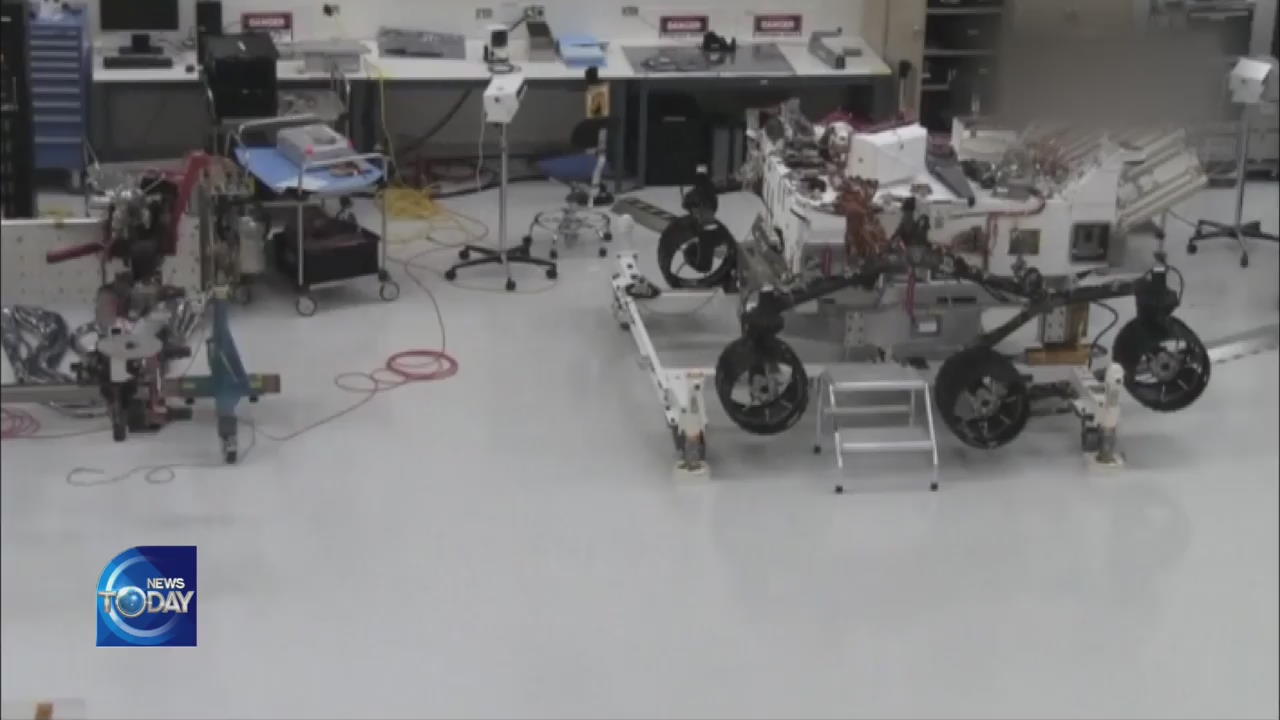
[Anchor Lead]
The race for moon exploration, which slowed down since the U.S. astronauts stepped on the moon for the first time 50 years ago, is gaining pace again recently, as countries around the world are increasingly eyeing space exploration. Korea joined the race for moon exploration ten years ago, but it has been facing hurdles due to multiple changes in plans. The launch of a lunar probe that was scheduled for late 2020 has been pushed back by 19 months because of technological problems.
[Pkg]
The first Korean lunar orbiter was to be launched in December 2020 to orbit the moon while observing topography and verifying space Internet technologies. However, the date has been pushed back to July 2022. The change was inevitable, as the weight of the lunar orbiter had grown by 130kg from the initially expected 550kg. The lunar orbiter will be equipped with six devices including high-resolution cameras and magnetometers.
[Soundbite] CHOI WON-HO(MIN. OF SCIENCE & ICT) : "Concerns have been raised over the lack of fuel and shorter operation period due to increased weight. The researchers are divided on the technological solution."
The orbit will be modified as well. Originally, the orbiter was to stay on the circular orbit for three months, but under the modified plan, it will travel on an elliptic orbit for nine months to save fuel. The required budget will likely rise by 28.8 billion won from the initial estimate of about 198 billion. The launch of the lunar orbiter was at first set for 2023, but was pushed forward by 5-6 years. Last year, it was changed to the year 2020, but was postponed again by 19 months. These delays triggered criticism over the lack of consistency in the nation's space exploration policies.
[Soundbite] BANG HYO-CHUNG(PROF., KAIST) : "Investing in this project and accumulating technologies with patience is essential. Developing our own space technologies without such efforts is very unrealistic."
The Stage 2 plan for moon exploration -- the launch of a Korean-type projectile by the year 2030 - remains unchanged.
The race for moon exploration, which slowed down since the U.S. astronauts stepped on the moon for the first time 50 years ago, is gaining pace again recently, as countries around the world are increasingly eyeing space exploration. Korea joined the race for moon exploration ten years ago, but it has been facing hurdles due to multiple changes in plans. The launch of a lunar probe that was scheduled for late 2020 has been pushed back by 19 months because of technological problems.
[Pkg]
The first Korean lunar orbiter was to be launched in December 2020 to orbit the moon while observing topography and verifying space Internet technologies. However, the date has been pushed back to July 2022. The change was inevitable, as the weight of the lunar orbiter had grown by 130kg from the initially expected 550kg. The lunar orbiter will be equipped with six devices including high-resolution cameras and magnetometers.
[Soundbite] CHOI WON-HO(MIN. OF SCIENCE & ICT) : "Concerns have been raised over the lack of fuel and shorter operation period due to increased weight. The researchers are divided on the technological solution."
The orbit will be modified as well. Originally, the orbiter was to stay on the circular orbit for three months, but under the modified plan, it will travel on an elliptic orbit for nine months to save fuel. The required budget will likely rise by 28.8 billion won from the initial estimate of about 198 billion. The launch of the lunar orbiter was at first set for 2023, but was pushed forward by 5-6 years. Last year, it was changed to the year 2020, but was postponed again by 19 months. These delays triggered criticism over the lack of consistency in the nation's space exploration policies.
[Soundbite] BANG HYO-CHUNG(PROF., KAIST) : "Investing in this project and accumulating technologies with patience is essential. Developing our own space technologies without such efforts is very unrealistic."
The Stage 2 plan for moon exploration -- the launch of a Korean-type projectile by the year 2030 - remains unchanged.
이 기사가 좋으셨다면
-
좋아요
0
-
응원해요
0
-
후속 원해요
0










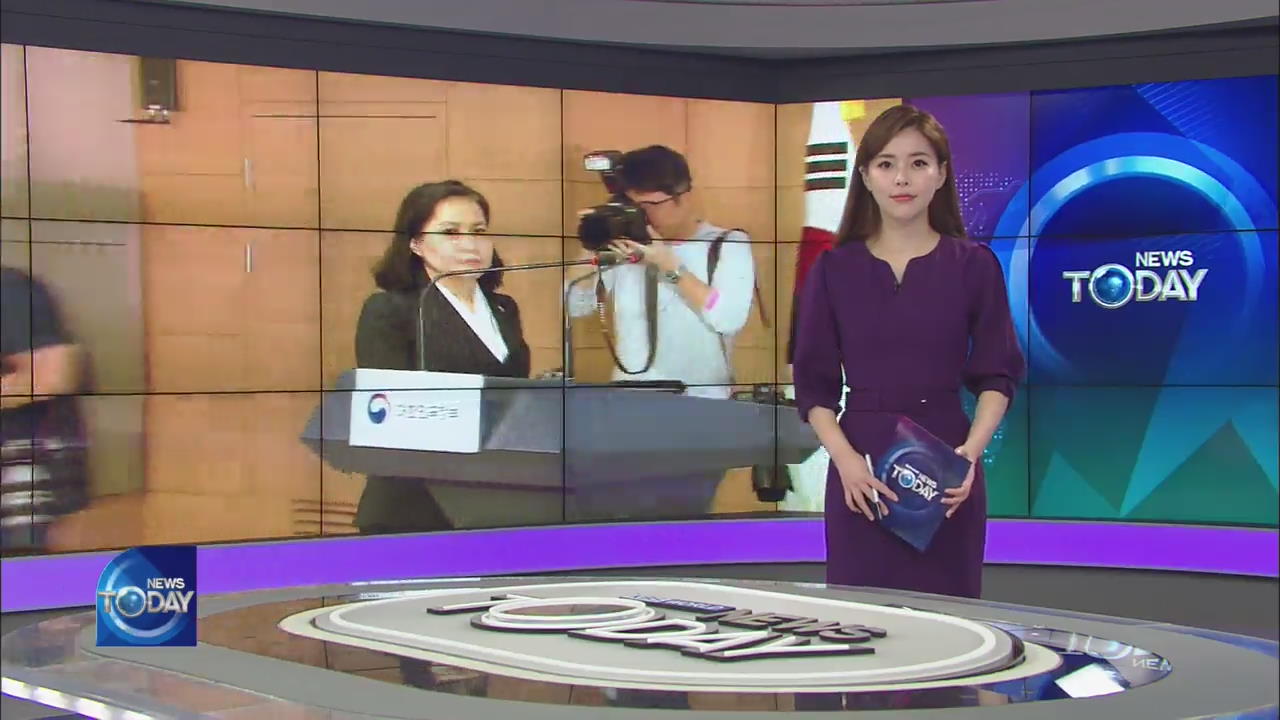
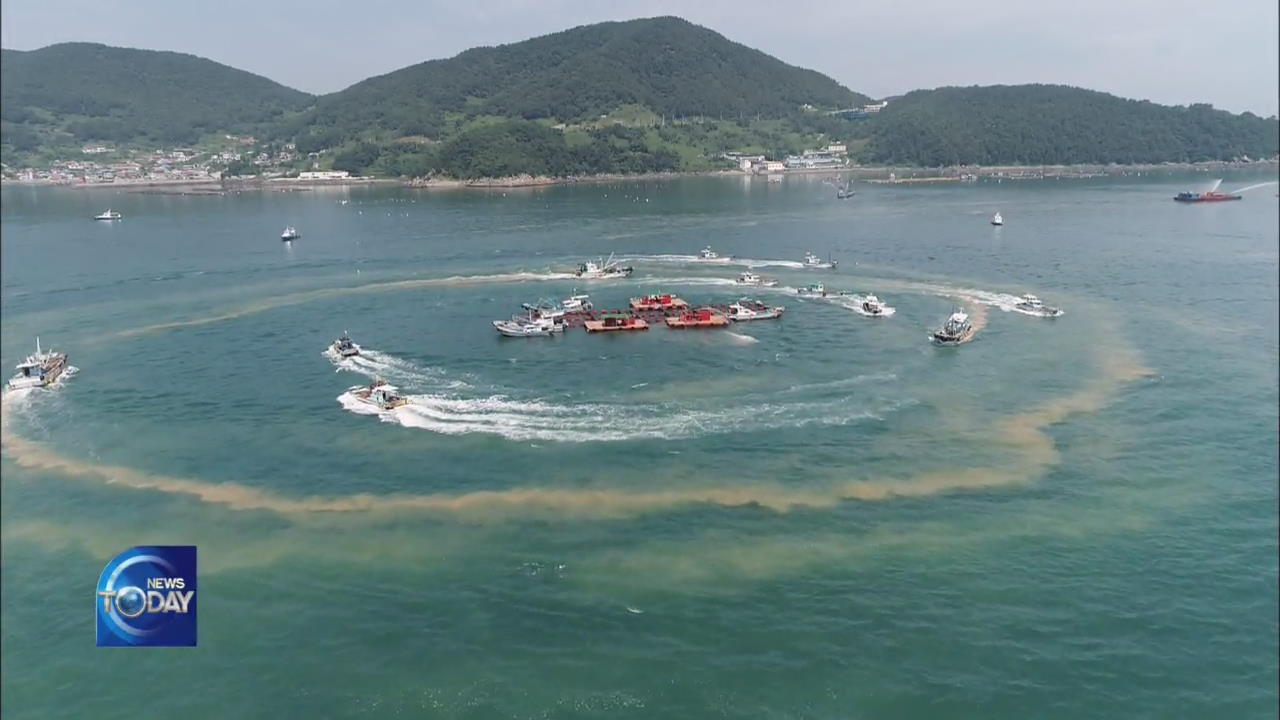
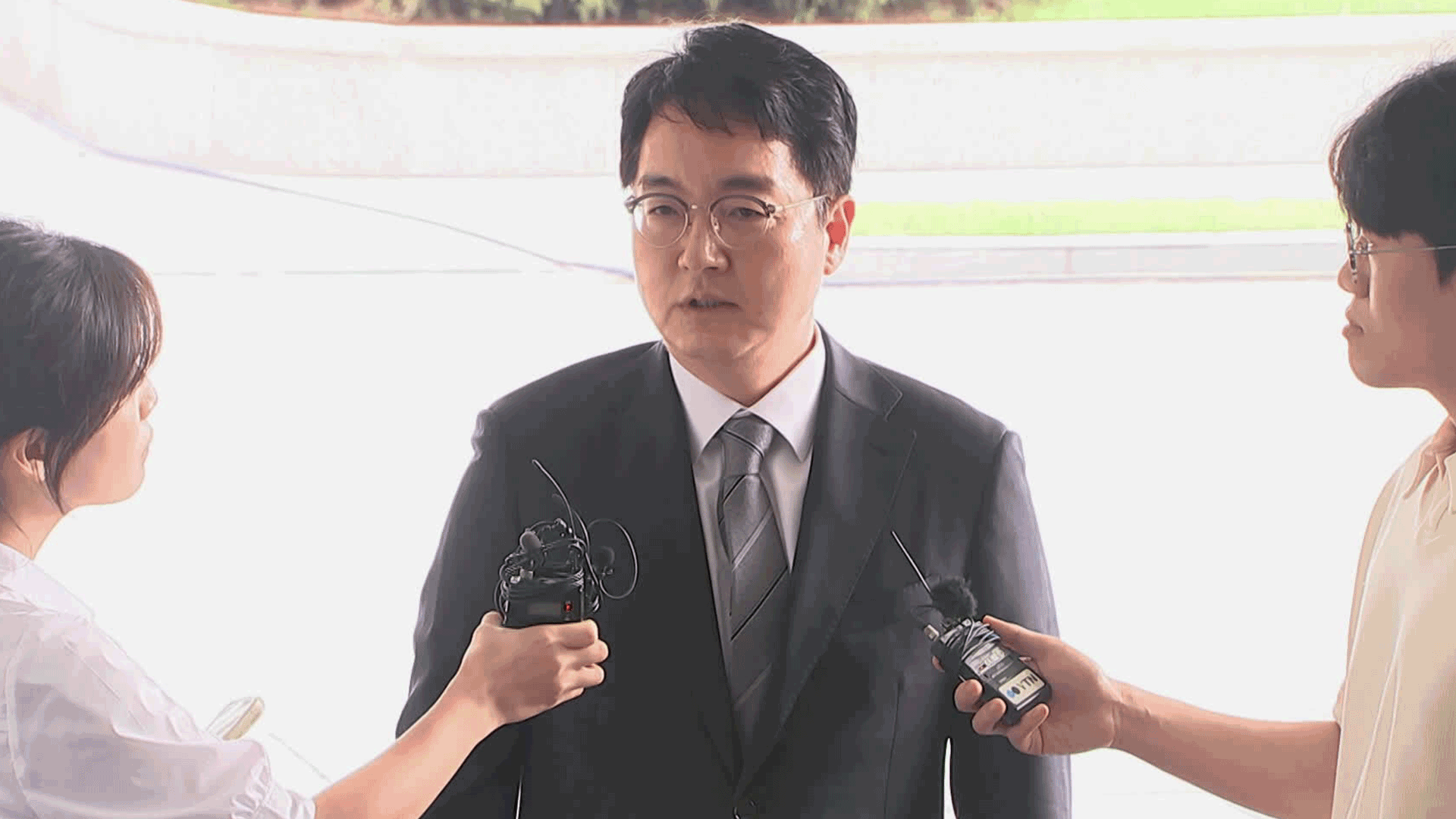
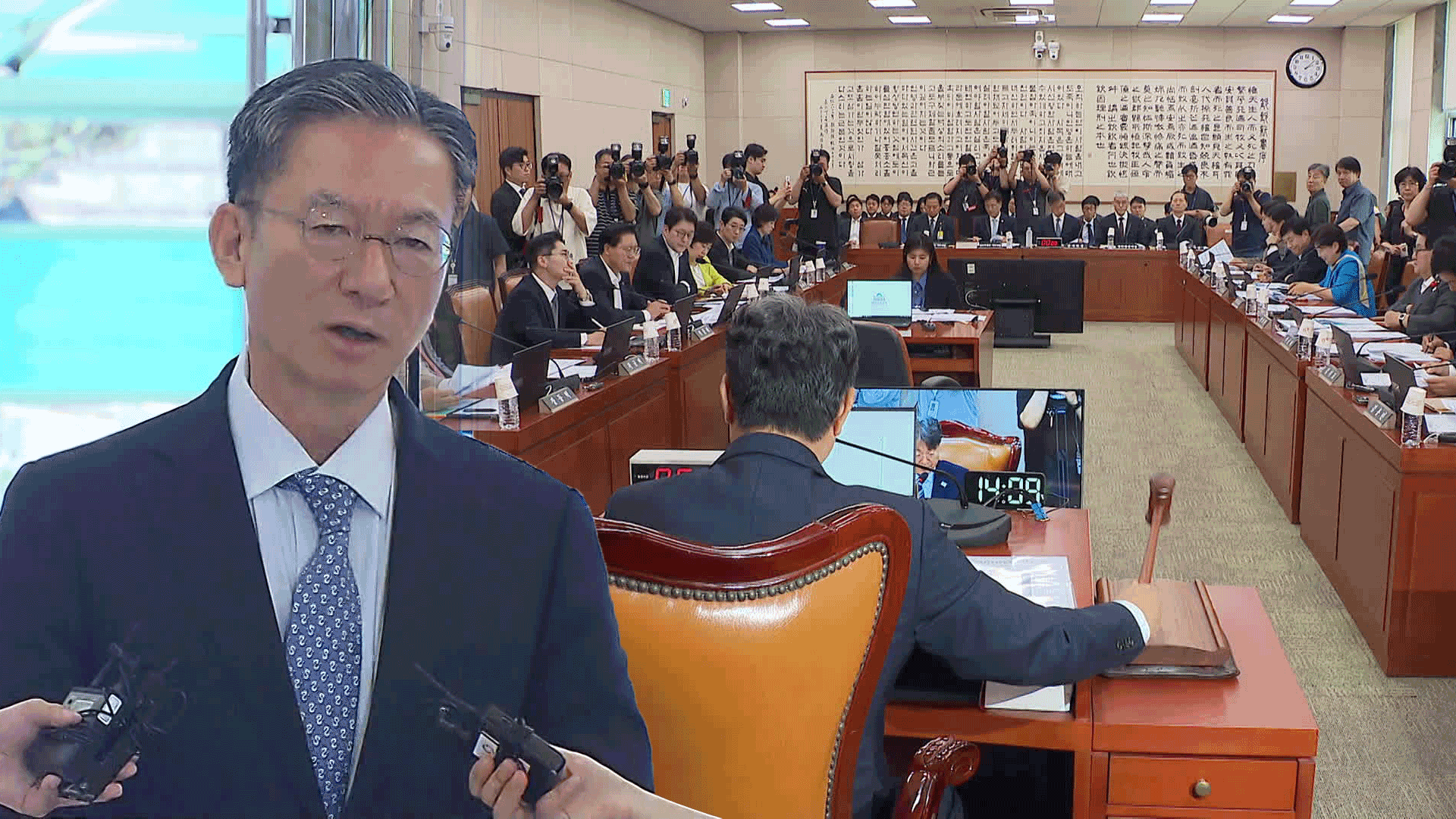
![[단독] 골프연습장 아니라더니<br>…‘한남동 골프연습장’ 도면 입수](/data/news/2025/07/01/20250701_Uh8Jnu.png)
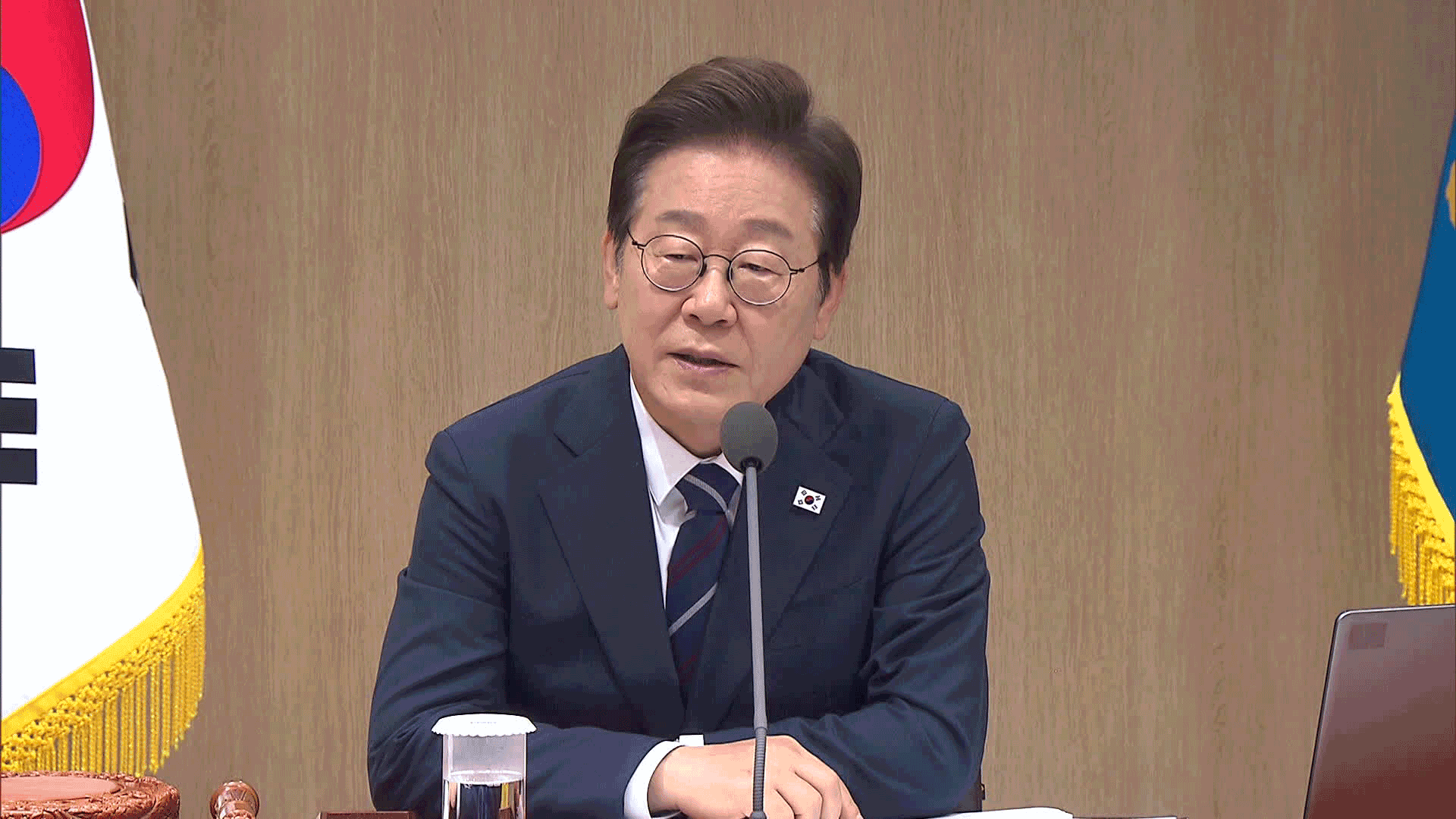

이 기사에 대한 의견을 남겨주세요.